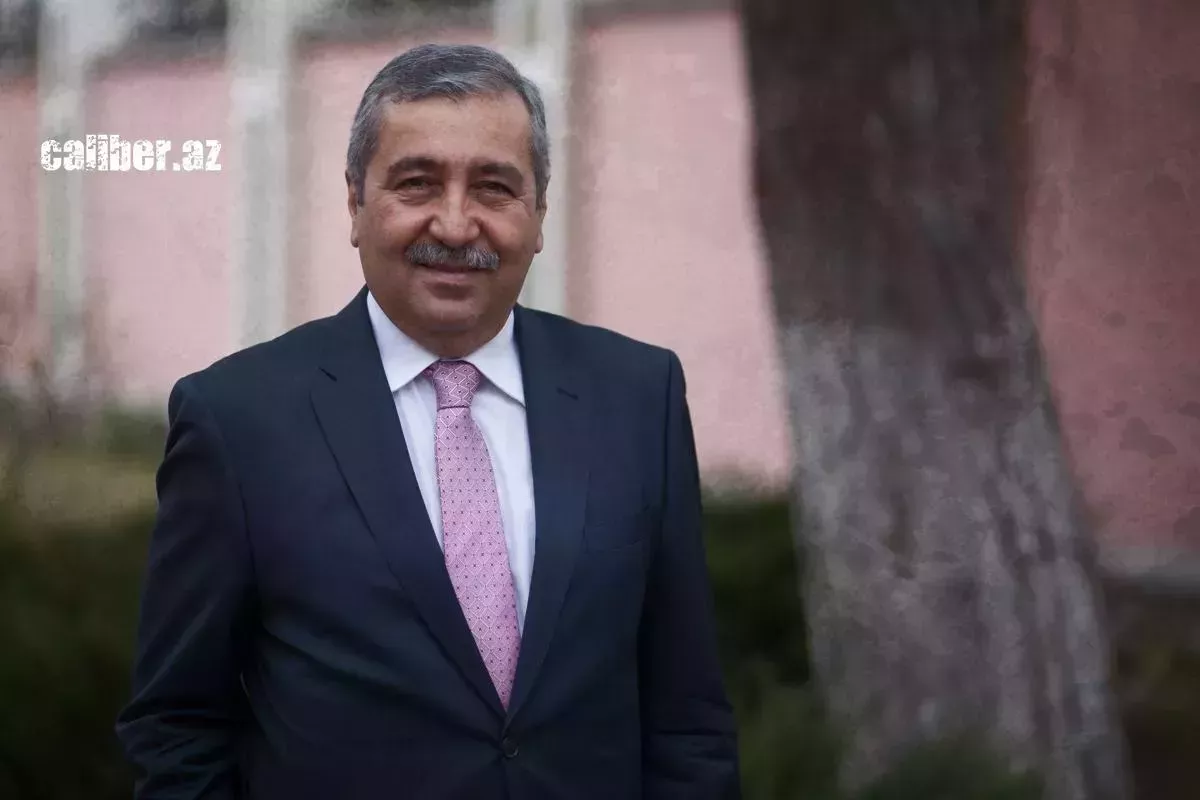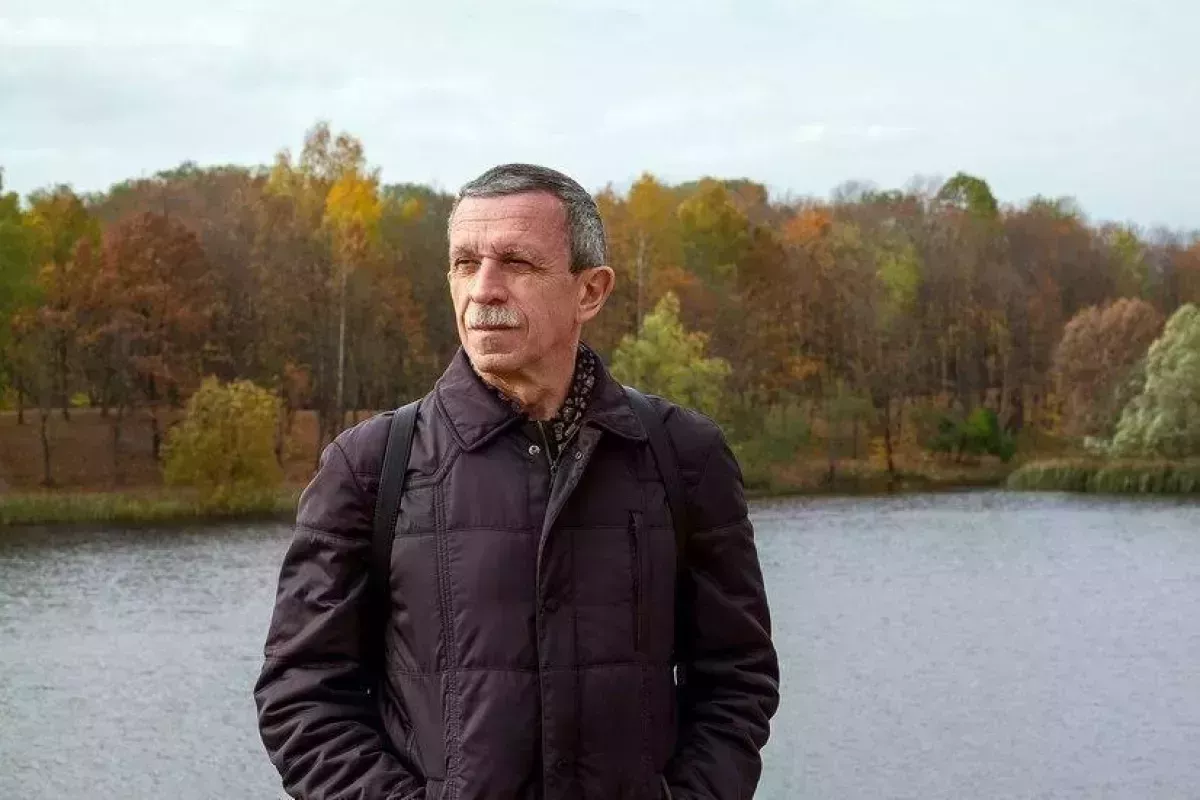Azerbaijan – Türkiye – Armenia: economic engagement instead of confrontation Transit, trade, and trust
The fifth Tbilisi Silk Road Forum has become a platform for delivering highly significant messages. A notable impetus to this process came from the statement made by Azerbaijani President Ilham Aliyev during his state visit to Kazakhstan.
"Azerbaijan has lifted all restrictions on the transit of goods to Armenia that had been in place since the occupation, and the first such transit cargo was Kazakh grain bound for Armenia," the Azerbaijani leader said in a joint press statement with President Kassym-Jomart Tokayev.
In turn, Armenian Prime Minister Nikol Pashinyan stated at the Silk Road Forum that Yerevan is not only politically but also technically ready to ensure the transit of freight trucks from Türkiye to Azerbaijan and back through Armenian territory.
At the same time, Azerbaijani Prime Minister Ali Asadov, speaking at the opening of the Silk Road Forum, emphasised that the Azerbaijani state has demonstrated its commitment to restoring cooperation and an atmosphere of trust in the region.
“The transportation of Kazakh grain to Armenia through Azerbaijani territory is the first practical step in this direction. As President Ilham Aliyev noted, this is a good indicator that peace between Azerbaijan and Armenia is no longer just on paper but is already a matter of practice,” he stressed.
What steps might Baku and Yerevan take following such significant statements? What new opportunities for cooperation in the South Caucasus could emerge as a result? Azerbaijani and Russian experts on the South Caucasus shared their insights on these questions with Caliber.Az.

Doctor of Law, Ambassador Extraordinary and Plenipotentiary, Head of the Department of International Relations and Foreign Policy at the Academy of Public Administration under the President of the Republic of Azerbaijan, Professor Namig Aliyev, believes that the decision to lift restrictions on the transit of goods to Armenia is a landmark step, signaling a shift in the political and economic paradigm of the region.
“This is not merely about transport and logistics, but about the beginning of the formation of a new geo-economic space, where pragmatism, economic interdependence, and regional stability take precedence amid growing interest in developing transit routes between East and West. In this context, important statements were also made by Prime Minister Nikol Pashinyan at the Silk Road Forum in Tbilisi. In particular, he reaffirmed Armenia’s readiness to ensure transit between Türkiye and Azerbaijan through Armenian territory and expressed hope for the opening of the border with Türkiye and the restoration of railway connections within two to three years — all of which underline Yerevan’s aspiration to actively participate in new transport and trade initiatives.
All this indicates a serious shift in the regional paradigm: a region that has long remained in a state of tension is now taking cautious but deliberate steps toward economic convergence within a peaceful process,” the political analyst noted.
In his view, the lifting of restrictions simplifies and lowers the cost of deliveries such as Kazakh grain, providing Armenia with a stable food supply channel. Given the country’s limited agricultural resources and dependence on imports, this decision could play a stabilising role in controlling inflation and the prices of basic goods. Kazakhstan, in turn, gains a new and reliable export market.
“Pashinyan’s statements about readiness to open borders and railway routes also reflect Yerevan’s new course: instead of confrontation, it is betting on economic engagement. As a landlocked country, Armenia is in urgent need of open borders and new communication routes. If, within the next two to three years, it becomes possible to restore the railway connection to Türkiye through Nakhchivan, it would represent a major breakthrough for the entire region,” the expert emphasised.
“The restoration of railways, the construction of logistics hubs, and the modernisation of border checkpoints all require investment and coordination. External players, such as China, Russia, and the EU, which are interested in stable routes, will likely be involved in the process.
However, political risks remain. Despite positive signals, the absence of diplomatic relations, the preservation of territorial claims against Azerbaijan in the Armenian constitution, revanchist sentiments in Armenia, and possible provocations on the borders in this regard could stall the process at any moment.
“Overall, however, we are witnessing the emergence of a new geo-economic space at the crossroads of the South Caucasus and Central Asia. If positive signals turn into sustainable agreements, it could mark the beginning of an era of ‘pragmatic normalisation’ in the region, where economic interests start to take precedence over old conflicts,” Aliyev concluded.

Russian political analyst and publicist Kirill Sitnikov, said that the South Caucasus is undergoing a historic phase of transformation — politically, economically, and socially.
"These are not just empty words—we are truly on the verge of major geopolitical shifts both within and beyond the region, because in the future, the unblocking of communications and the establishment of diplomatic relations between Azerbaijan and Armenia will almost instantly lead to a whole chain of events, landmark political and economic decisions, creating a domino effect. One of the main moderators of these processes, apart from Azerbaijan, will be Türkiye. The opening of the Turkish-Armenian border and the organisation of road traffic through Armenia will lead to a series of important decisions that Ankara will implement in stages, primarily decisions on the removal or reduction of tariffs.
Road traffic from Azerbaijan to Türkiye through Armenian territory — if, as Prime Minister Pashinyan stated, the technical launch of this transit can be implemented now — will also lead to positive actions: for example, other countries will begin preparing a roadmap for the movement of their cargo along this route. Russia, in particular, will certainly take up this task in the near future.
On the other hand, another scenario is possible: while TRIPP is being constructed, the Armenian side could, through Azerbaijan’s goodwill, gain access to transport goods via the Baku–Tbilisi–Kars railway, while Armenia, in turn, would provide its territory for Azerbaijani cargo.
Thus, in the very near future, we can expect various transport forums and technical conferences to be held in the Azerbaijani capital with the participation of major Western countries, as well as a recalibration of Iran’s position on economic cooperation in cargo transportation across the South Caucasus. It is therefore quite possible that we will hear interesting statements from the Iranian side,” Sitnikov stated.








